Buying a used car in Pakistan is a significant financial decision that requires careful consideration. The process involves multiple steps, each requiring attention to detail to ensure that you make an informed purchase. This guide provides a detailed overview of the essential aspects you need to consider when buying a used car in Pakistan, using critical terms and concepts to help you navigate the process effectively. I’m mentioning these steps based on my personal experience in buying and selling used cars.
Step-by-Step Guide to Buying A Used Car in Pakistan
Make sure you go through all the steps one by one:
1. Understanding Market Value
Before you start looking for a used car, it’s crucial to understand the market value of the car models you’re interested in. The market value represents the current price range for a specific car model in the market. This value can vary depending on the car’s condition, age, and demand.
Platforms like PakWheels and OLX Pakistan are excellent resources for researching market values. These platforms allow you to assess, compare, and research the prices of various models, helping you set a realistic budget.
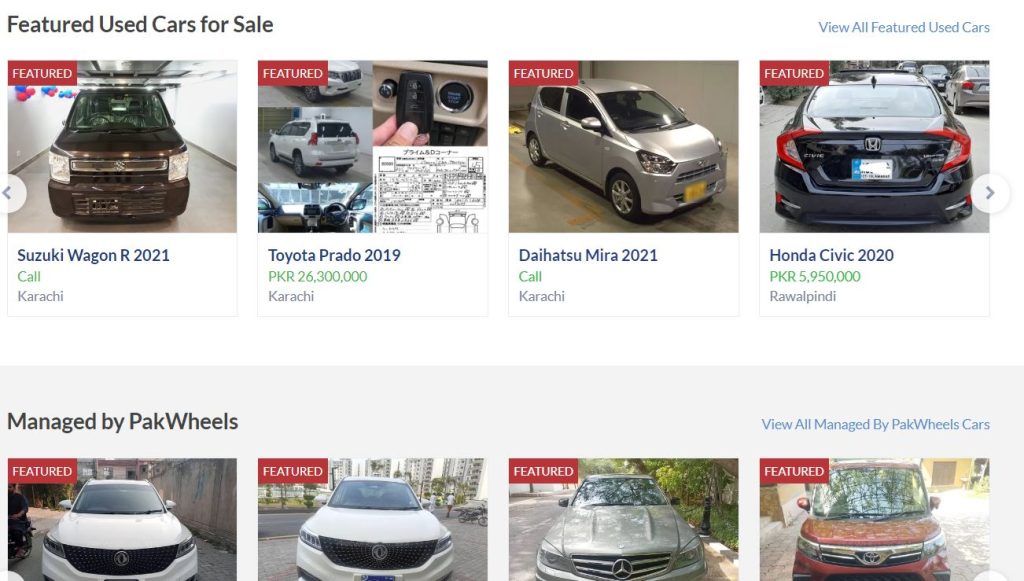
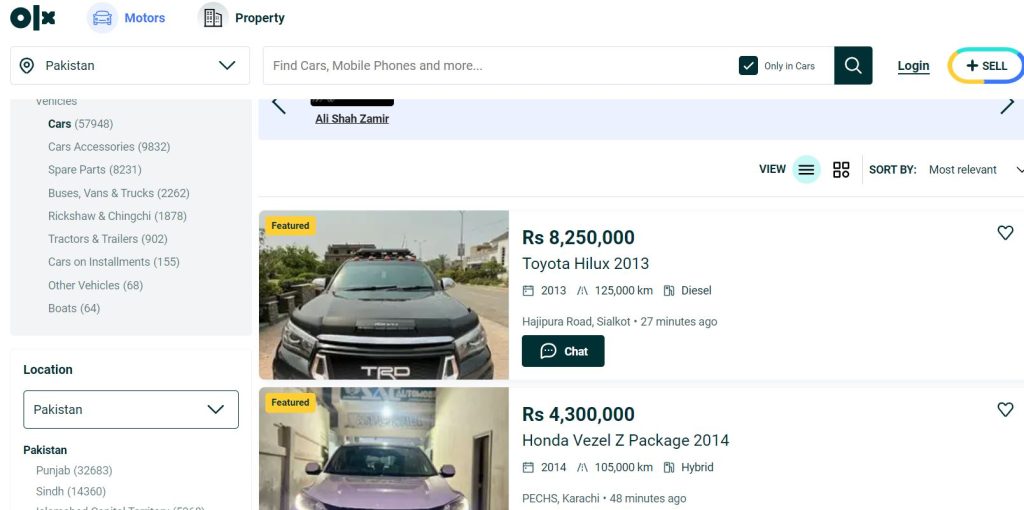
2. Importance of Registration Documents
Once you find a car that fits your budget, the next step is to verify its registration documents. These documents are proof of the vehicle’s registration with local authorities, and they are crucial for legal ownership and transfer. The Excise & Taxation Department is the key authority responsible for vehicle registration in Pakistan.
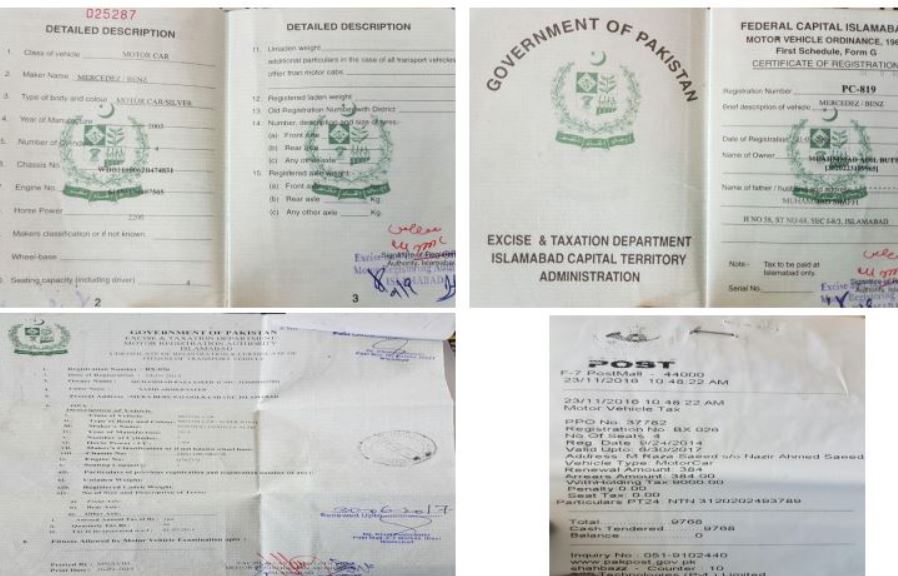
It’s important to verify that the registration documents are legitimate and obtain any necessary paperwork. This step is vital for ensuring that the car you are purchasing is legally compliant and free from any legal disputes.
3. Assessing Engine Condition
The engine condition of the car is one of the most critical factors that determine its performance and lifespan. A car with a well-maintained engine will generally be more reliable and have a longer lifespan. To inspect and evaluate the engine’s condition, it’s advisable to hire a professional mechanic from a mechanic shop or dealership.
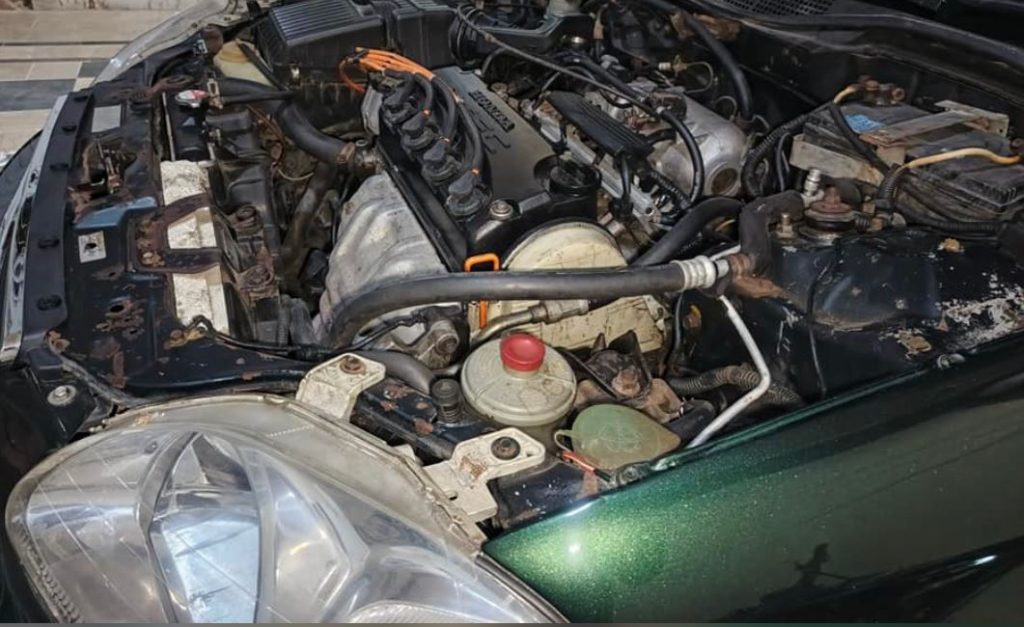
During the inspection, pay attention to any unusual noises, leaks, or signs of wear and tear. If necessary, be prepared to repair any issues before finalizing the purchase.
4. Verifying the Chassis Number
The chassis number is a unique identification number assigned to a vehicle by the manufacturer. It is crucial to verify this number as part of the buying process. The chassis number should match the information in the car’s registration documents.
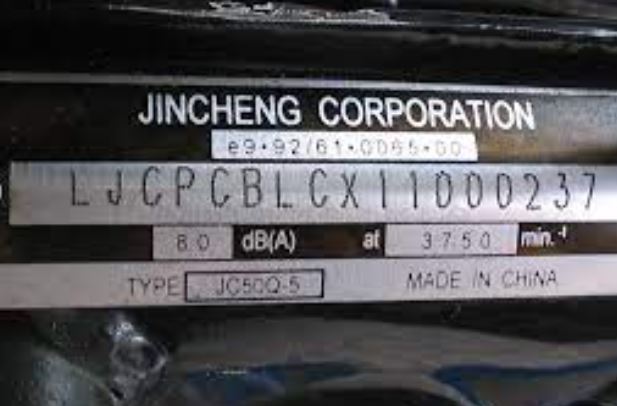
This verification process can be conducted through the Excise & Taxation Department or directly with the car manufacturer. Ensuring that the chassis number is accurate helps confirm the vehicle’s identity and authenticity, reducing the risk of purchasing a stolen or tampered vehicle.
5. Conducting a Test Drive
A test drive is an essential step in evaluating a second-hand car’s performance before making a purchase. During the test drive, you should focus on how the car handles, its acceleration, braking, and any unusual sounds. The test drive also allows you to assess the car’s overall roadworthiness and comfort.
Car dealerships and private sellers usually allow potential buyers to schedule and conduct a test drive. By thoroughly evaluating the car during the test drive, you can make a more informed decision about whether the car meets your expectations.
6. Utilizing Car Inspection Services
For added peace of mind, consider using a car inspection service. These services offer a professional examination of the car’s condition, including detailed checks of the engine, bodywork, and interior.
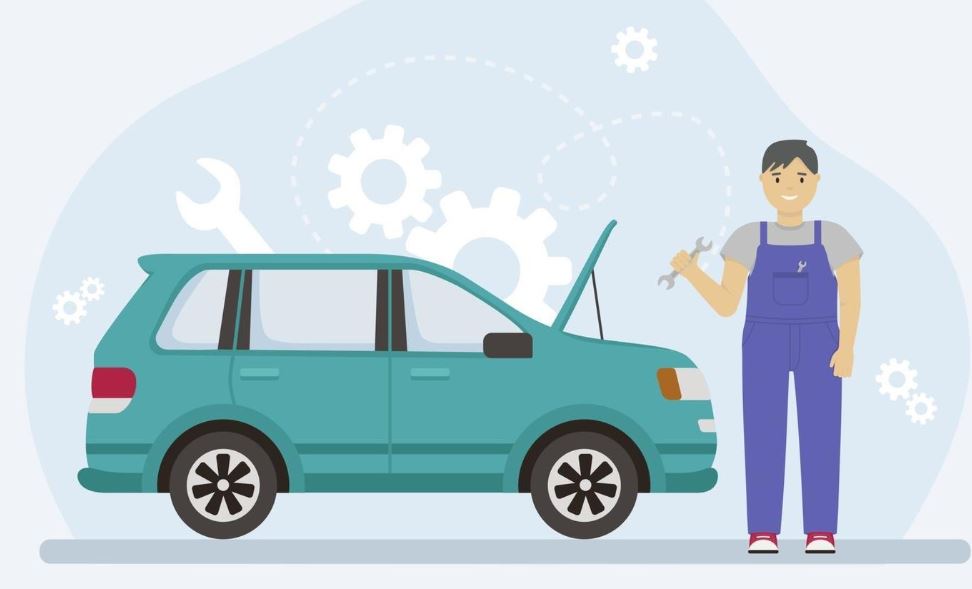
PakWheels Inspection Service or various mechanic shops provide such services. Hiring an inspection service can help verify the car’s condition and ensure that there are no hidden issues that could lead to costly repairs in the future.
7. Managing the Transfer of Ownership
The transfer of ownership is a legal process that finalizes the sale of the vehicle and transfers legal ownership from the seller to the buyer. This process involves submitting the necessary documentation to the Excise & Taxation Department or Motor Registration authority.

It’s crucial to execute this process correctly to avoid any legal complications. Make sure all required documents are present, including the original registration certificate, NIC card copies of both the buyer and seller and a signed transfer letter. The transfer of ownership must be processed officially to ensure the new owner’s rights are protected.
8. Evaluating Resale Value and Depreciation
When buying a used car, it’s important to consider its resale value and how depreciation will affect it over time. The resale value represents the estimated amount the car can be sold for after a period of use, while depreciation is the reduction in the car’s value over time.
Factors such as the car’s mileage, car model year, and service history play a significant role in determining depreciation. Understanding these aspects will help you estimate how much value the car will retain and factor this into your decision-making process.
9. Price Negotiation and Buyer Agreement
Negotiating the car price is a critical part of buying a used car. After conducting thorough research and inspections, you will be in a strong position to negotiate a fair price. The goal is to reach an agreement that reflects the car’s true value and condition.
Once the price is agreed upon, it’s essential to draft a buyer agreement. This formal contract outlines the terms of the sale, including the agreed price, payment method, and any warranties or guarantees. Both parties should sign and review this agreement to ensure clarity and legal compliance.
10. Finalizing the Purchase with Financing and Insurance
If you require car financing, explore the options available through banks like Meezan Bank, HBL CarLoan, or UBL Car Financing. Consider the financing tenure and the down payment required to determine what works best for your financial situation.

Additionally, securing insurance for your vehicle is crucial for protecting your investment. Companies like Jubilee Insurance and Adamjee Insurance offer a range of policies that cover risks such as accidents and theft. Compare policies to find one that provides the coverage you need at a competitive price.
11. Addressing Legal and Tax Obligations
Finally, ensure that all legal and tax obligations are met. This includes paying the annual token tax and any applicable road tax. These taxes are necessary for maintaining legal compliance and are managed by the Excise & Taxation Department. Verify that all payments are up-to-date to avoid fines or penalties.
Editor’s Recommendation:

Hi there! My name is Kashif Hussain, the lead author of PakDrive. I am a huge car enthusiast and avid traveller. I have a deep passion for exploring the world and experiencing new cultures, and I love nothing more than hitting the open road and discovering new adventures behind the wheel of my favourite car. Whether I’m cruising down a winding mountain road or speeding down the highway, there’s nothing quite like the feeling of the wind and the purr of the engine beneath me. I hope to share my love of cars and travel with all of you through my writing, and I can’t wait to see where the road takes us next.”

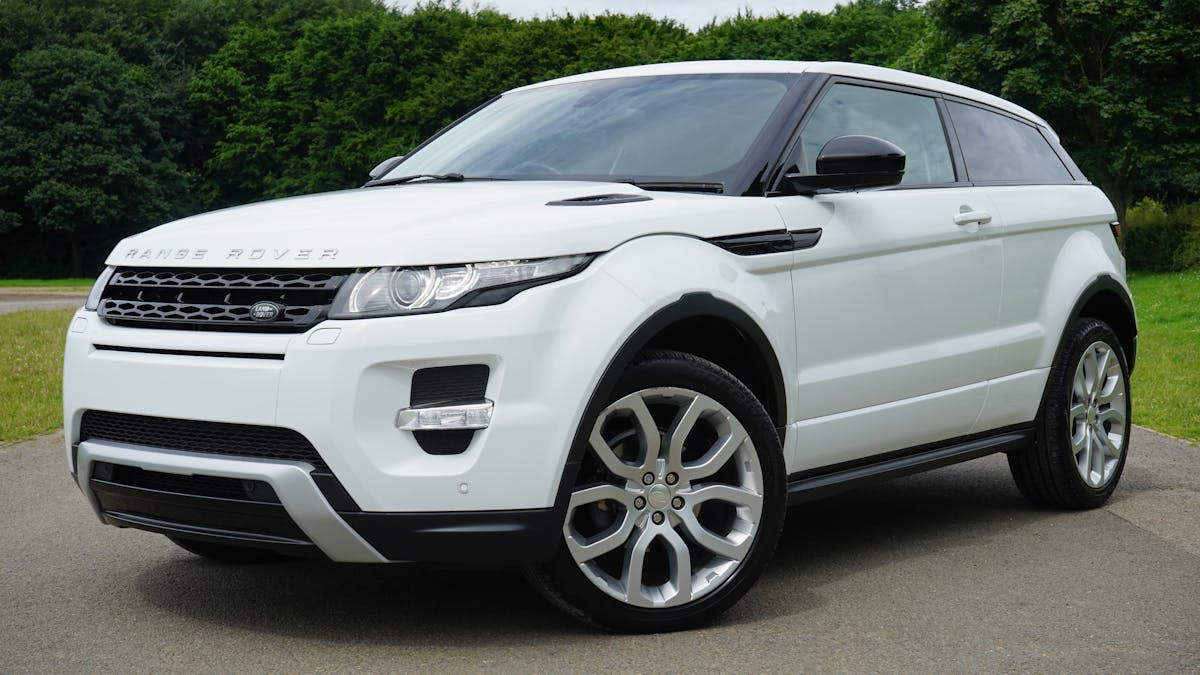
I wanted to take a moment to commend you on the outstanding quality of your blog. Your dedication to excellence is evident in every aspect of your writing. Truly impressive!